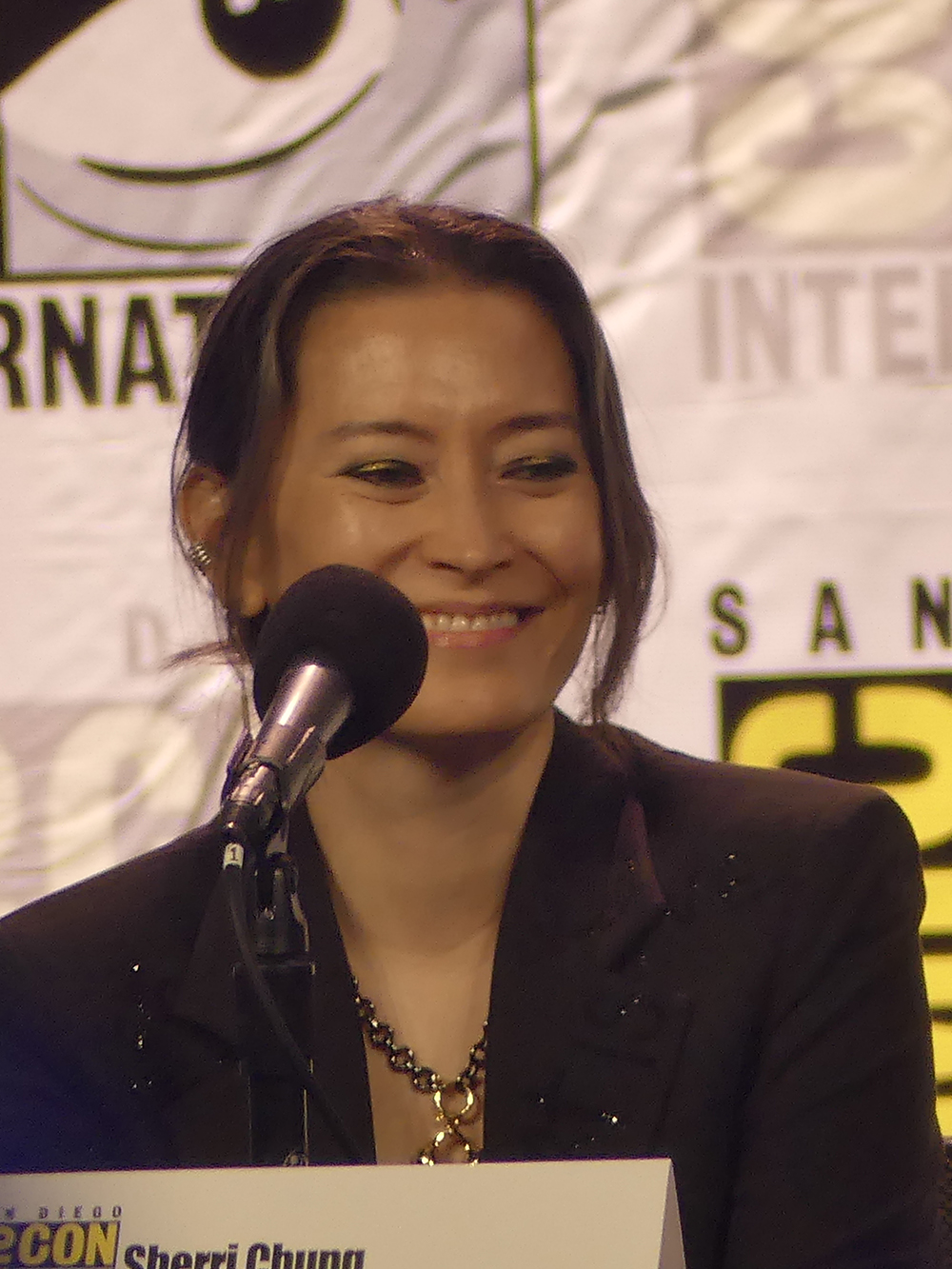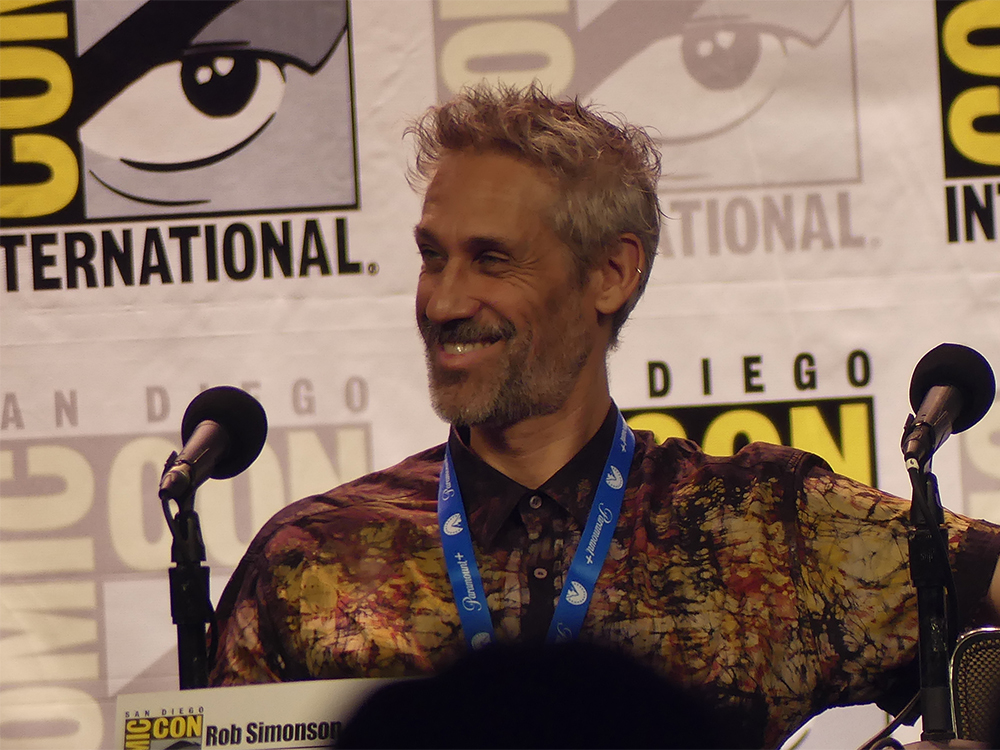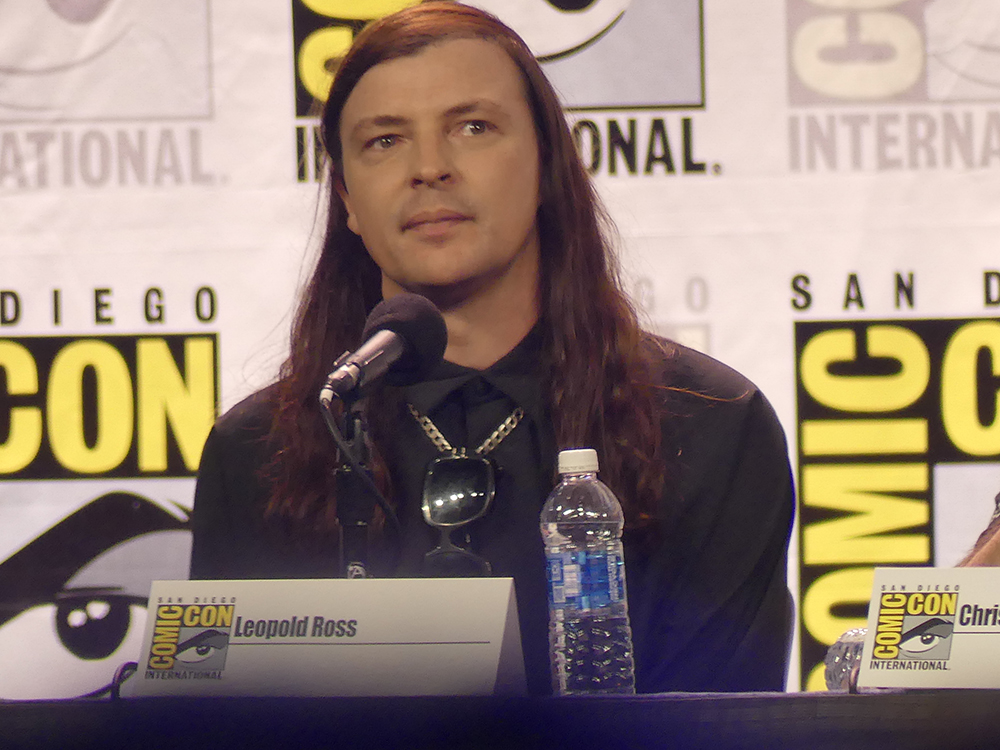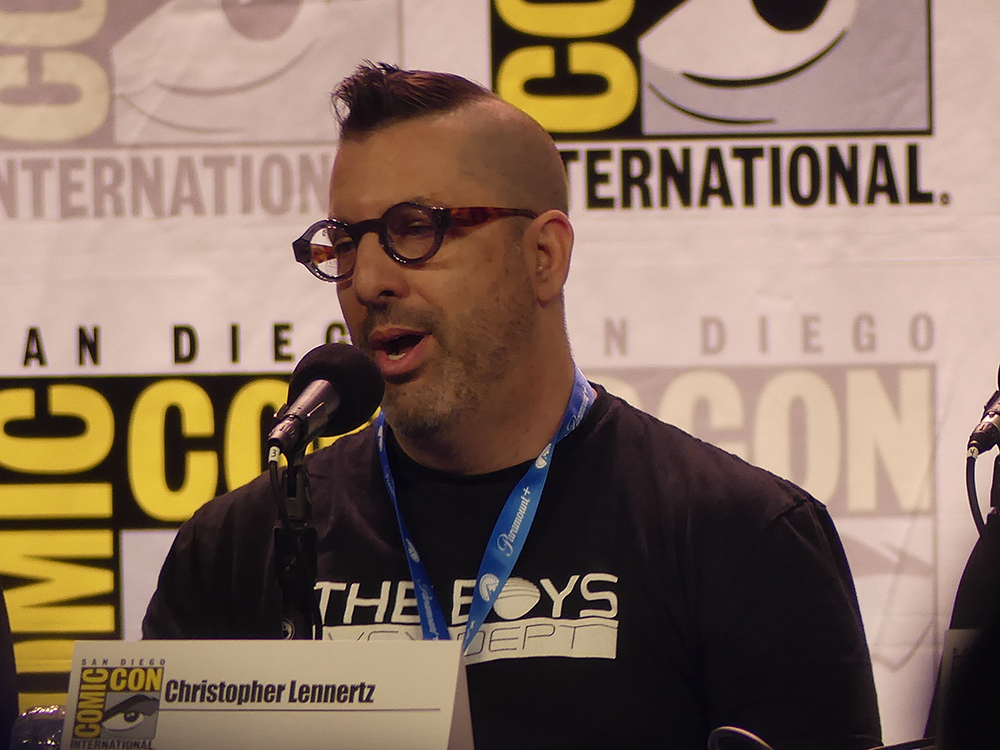Convention - SDCC 2024 : On the 10th Annual Musical Anatomy of a Superhero Along with Heroes, the Pulse of Superhero Soundtracks
By Mulder, San Diego, Hilton San Diego Bayfront , Indigo Ballroom, 25 july 2024

Amid the vibrant atmosphere of San Diego Comic-Con, where cosplayers, creators, and fans collide in a celebration of pop culture, one event stood out not only for its significance but also for its emotional resonance with the attendees – the 10th Annual Musical Anatomy of a Superhero panel. Held in the grand Indigo Ballroom at the Hilton San Diego Bayfront, this year’s installment was a milestone, commemorating a decade of exploring the music that brings superheroes to life on screen.
This year’s panel was masterfully moderated by none other than Michael Giacchino, an Oscar-winning composer whose work has left indelible marks on films such as The Batman, Up, and Spider-Man: No Way Home. Michael Giacchino’s presence alone set the tone for an insightful and engaging discussion, as he guided the audience through the intricacies of film scoring with a focus on the superhero genre. The panelists were a veritable who’s who of contemporary film and television composers, each bringing their own unique perspective and experience to the discussion.

The lineup included Rob Simonsen, who has recently been making waves with his work on Deadpool & Wolverine, a film that required a score as dynamic and irreverent as its protagonist. Simonsen’s involvement with the Deadpool franchise, as well as his previous collaborations with director Shawn Levy on The Adam Project and Stranger Things, has cemented his reputation as a composer who can balance both emotional depth and playful, genre-bending elements in his music. During the panel, Simonsen discussed the creative freedom he enjoyed while working on Deadpool & Wolverine, allowing him to blend orchestral majesty with wacky, unconventional sounds that perfectly match the film's offbeat humor.

Christopher Lennertz, another panelist, brought his extensive experience in scoring for television and film to the table. Best known for his work on The Boys and Supernatural, Lennertz’s approach to music is characterized by a deep understanding of the narrative power of sound. He spoke about the challenges and rewards of scoring for The Boys, a series that subverts traditional superhero tropes, requiring a score that is equally subversive yet emotionally resonant. Lennertz highlighted how the music in The Boys often serves as a counterpoint to the on-screen action, adding layers of meaning and depth to the characters' journeys.

Michael Abels, celebrated for his genre-defying scores in Jordan Peele’s Get Out, Us, and Nope, shared his experiences working on Star Wars: The Acolyte. Abels is known for blending classical orchestration with contemporary elements, creating a sound that is both familiar and groundbreaking. At the panel, he discussed how working within the Star Wars universe allowed him to push the boundaries of traditional scoring while still honoring the franchise's iconic musical heritage. His approach to The Acolyte was to craft a score that would resonate with both long-time fans of the series and newcomers, ensuring that the music would feel both epic and intimately connected to the characters and their struggles.
Leopold Ross, whose work on Monarch: Legacy of Monsters and Shogun has earned him critical acclaim, brought a different flavor to the discussion. Ross's background in electronic music and his collaborations with directors like Michael Mann and Harmony Korine have allowed him to develop a distinctive style that blends atmospheric soundscapes with dramatic intensity. During the panel, Ross spoke about his process of creating immersive worlds through sound, particularly in the context of Monarch: Legacy of Monsters, where the music needed to convey both the grandeur and the terror of the kaiju that dominate the series.

Sherri Chung, an award-winning composer whose recent credits include Found and Gremlins: Secrets of the Mogwai, rounded out the panel with her insights into scoring for projects that span different genres and tones. Chung’s ability to adapt her musical style to fit the unique needs of each project has made her a sought-after composer in the industry. She discussed the importance of musical versatility, particularly in her work on Found, where the score had to navigate between moments of intense drama and lighter, more comedic scenes. Chung emphasized the role of music in shaping the audience's emotional response, noting that a well-crafted score can elevate a scene from merely memorable to truly unforgettable.
Throughout the panel, a recurring theme was the importance of collaboration in the scoring process. The composers shared stories of working closely with directors, producers, and other creatives to ensure that the music not only supported the narrative but also enhanced it in ways that visuals alone could not achieve. Rob Simonsen, for example, talked about his collaborative process with Shawn Levy and Ryan Reynolds on Deadpool & Wolverine, highlighting how the tight-knit working relationship allowed for a more cohesive and impactful score.

The panel also offered a glimpse into the future of film and television music. As the industry continues to evolve, with new technologies and platforms changing how content is produced and consumed, the composers discussed how these changes are influencing their work. They touched on the increasing demand for more diverse musical voices in Hollywood, noting that the push for greater inclusivity is leading to a richer and more varied musical landscape. Michael Abels, in particular, spoke about the opportunities that arise from embracing different cultural influences in film scoring, which can lead to more innovative and resonant soundtracks.
The 10th Annual Musical Anatomy of a Superhero panel concluded with an exclusive preview of the Deadpool & Wolverine score, leaving the audience with a sense of excitement for what’s to come in the world of superhero films. The preview was a fitting end to a panel that not only celebrated the past decade of superhero scores but also looked forward to the future of the genre.

As attendees left the Indigo Ballroom, there was a palpable sense of appreciation for the composers who, often behind the scenes, play such a crucial role in bringing superheroes to life. This year’s panel at SDCC 2024 was more than just a discussion – it was a tribute to the power of music in storytelling and a reminder that behind every great superhero is a soundtrack that helps them soar.
Leopold Ross press roundtable (4K) :
You can discover our photos in our Flickr page

Photos and video : Boris Colletier / Mulderville

